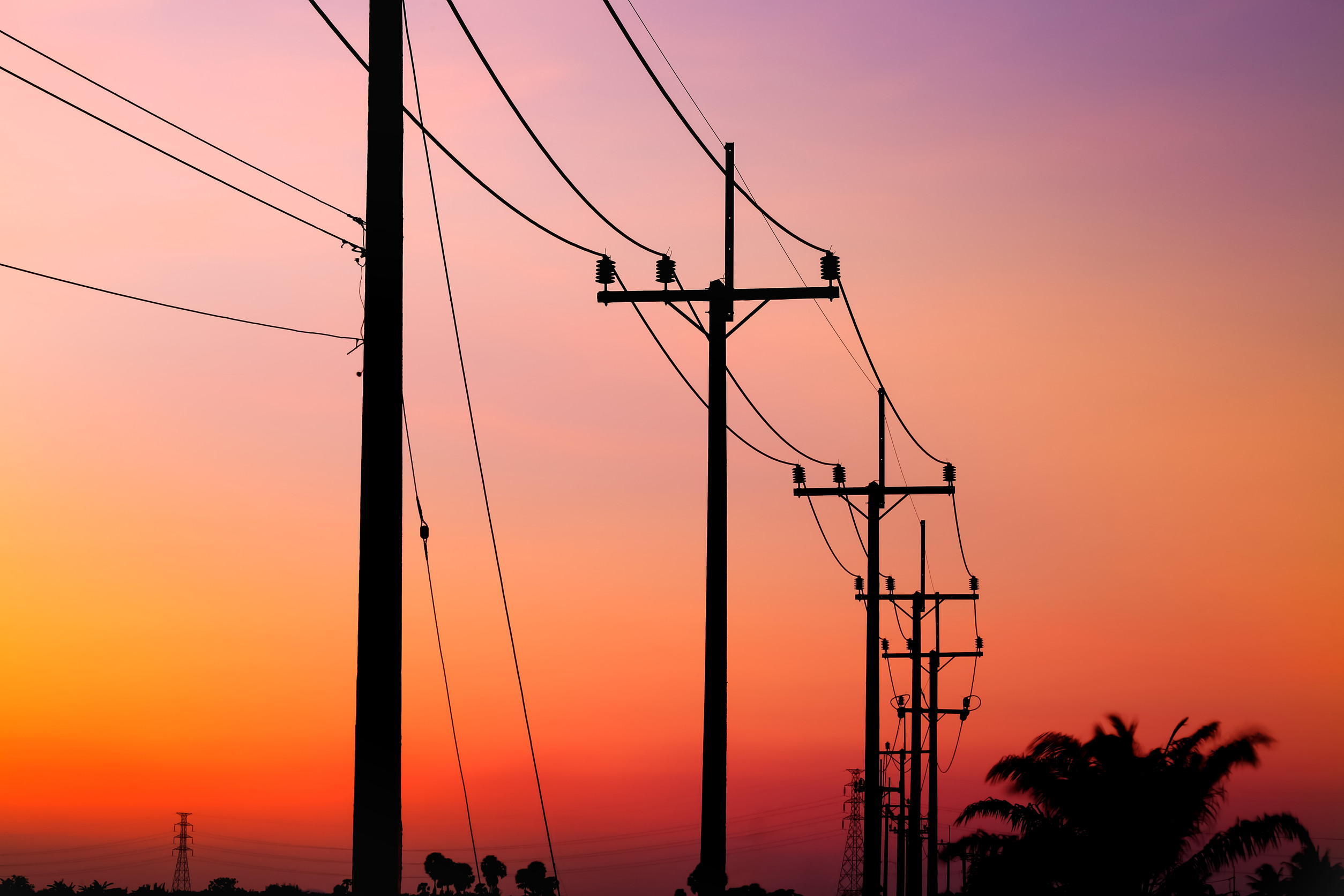2 min read
Ga. Power v. Triola: Utility Not Liable as Owner or Occupier Under OCGA § 51-3-1
Joe Whitcomb
:
November 06, 2025

Background
Neil Triola, a self-employed handyman, was hired in October 2016 to repair the roofs of two adjacent businesses on St. Simons Island, Georgia: Sandcastle Café and Zuzu’s. Both businesses were located in a building owned by Sandcastle Café. Electrical wires installed and maintained by Georgia Power Company ran from a nearby utility pole to the roof of the café to supply electricity. While completing repairs on Zuzu’s roof, Triola positioned a stepladder a few feet from the wires, put on a gas-powered backpack blower, and began climbing. As he stepped onto the roof, the blower came into contact with the wires, causing an electrical shock that severely injured him.
Procedural History
Triola filed a lawsuit against the Sandcastle Café owners and Georgia Power under Georgia’s premises liability statute, O.C.G.A. § 51-3-1, alleging that both parties failed to maintain the property in a safe condition, inspect and repair the dangerous wiring, and warn him of the risk. The trial court granted summary judgment in favor of the Sandcastle Café owners but denied Georgia Power’s motion, finding that factual disputes remained regarding its potential liability. Georgia Power appealed the denial of summary judgment.
Appellate Review
The Georgia Court of Appeals reviewed the trial court’s decision de novo, focusing on whether Georgia Power qualified as an “owner or occupier of land” under the premises liability statute. The court explained that a duty to keep premises safe arises only from ownership, occupation, or control of the property. Because Georgia Power neither owned the café building nor exercised control over the premises, it did not meet the statutory definition of an owner or occupier.
The appellate court emphasized that Georgia’s premises liability laws rest on the principle that owners and occupiers bear responsibility for hazards on their property due to their superior knowledge of those hazards. Since Georgia Power had no possessory relationship with the property, it could not have had such knowledge or the corresponding duty to inspect and maintain the area for safety.
Legal Analysis
The court distinguished Triola’s claim from other potential causes of action. It noted that power companies may, in some instances, be liable for negligence in maintaining power lines, as they owe a general duty of ordinary care in the construction and maintenance of electrical equipment. However, Triola had limited his case exclusively to premises liability and did not allege general negligence. Because the record contained no evidence that Georgia Power owned, occupied, or controlled the roof area where the accident occurred, his claim failed as a matter of law.
The court cited precedent confirming that a contractor or utility may obtain occupier status only when it exercises direct control over the property. No such evidence existed in this case. The electrical wires were part of Georgia Power’s distribution system, but the company’s maintenance responsibilities did not extend to the café’s roof or the placement of Triola’s ladder.
Court’s Ruling
On May 31, 2022, the Georgia Court of Appeals reversed the trial court’s denial of summary judgment and entered judgment for Georgia Power. The court held that Triola’s claim under O.C.G.A. § 51-3-1 failed because Georgia Power was neither an owner nor an occupier of the premises and therefore owed no duty under the state’s premises liability laws.
Assistance with Premises Liability Matters
If you or a loved one has been injured due to unsafe property conditions, Whitcomb, Selinsky PC assists with premises liability cases. Contact our team to learn how we can help you evaluate potential claims involving property safety and owner responsibility.


